Java 2 Runtime Environment for Windows
- By Sun Microsystems
- Free
- 8-update-411
Technical
- Title
- Java 2 Runtime Environment 8-update-411 for Windows
- Requirements
- Windows 11
- Language
- English
- Available languages
- Arabic
- Chinese
- Danish
- Dutch
- English
- Finnish
- French
- German
- Italian
- Japanese
- Korean
- Norwegian
- Polish
- Portuguese
- Russian
- Spanish
- Swedish
- Turkish
- License
- Free
- Latest update
- Author
- Sun Microsystems
- SHA-1
aca74f1767843cbe1dbd7a5310409acc9c1d68f5
- Filename
- Java_2_Runtime_Environment_v8_update_411.exe
Program available in other languages
Java 2 Runtime Environment for Windows
- By Sun Microsystems
- Free
- 8-update-411
Changelog
We don’t have any change log information yet for version 8 Update 411 of Java 2 Runtime Environment. Sometimes publishers take a little while to make this information available, so please check back in a few days to see if it has been updated.
Can you help?
If you have any changelog info you can share with us, we’d love to hear from you! Head over to our Contact page and let us know.
Explore apps
Related software
Java Runtime Environment 32-bit
Java runtime essentials for older systems
Java Runtime Environment 64-bit
Java runtime in the modern software stack

WinRAR 64-bit
Trusted compression for personal and professional use

WinRAR 32-bit
A reliable and secure file compressor
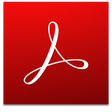
Adobe Acrobat Reader DC
Reliable PDF viewing and annotation for all users

Google Chrome
A fast, feature-rich browser
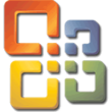
2007 Microsoft Office Add-in: Microsoft Save as PDF or XPS
2007 Microsoft Office Add-in: Microsoft Save as PDF or XPS for Windows explained

AnyDesk
Effortless remote access with AnyDesk
CCleaner Free
Cleaning and optimization made simple
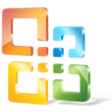
Microsoft Office Suite 2007 Service Pack 3
Microsoft Office Suite 2007 SP3 for safest office works

WhatsApp
Seamless messaging across devices
Rufus
Efficient USB drive preparation for any system
Last updated
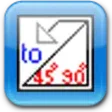
MSWLogo
Simple visual programming for first-time learners
LabVIEW
Graphical system design and test platform
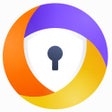
Avast Secure Browser for Windows
Privacy-focused browser with built-in security
VLC media player nightly
Deliver the latest playback features
Python
A language built on clarity and flexibility

Max Payne
Classic noir shooter with gritty action
UR Browser
Privacy-focused browser with built-in tools
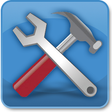
DriverToolkit
Streamline your system with automatic updates
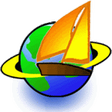
UltraSurf
Fast privacy access on blocked networks
IObit Unlocker
Simple tool for stubborn file access
BatteryBar
Detailed utility for monitoring battery performance

LibreOffice 64-bit
A well-suited and established office suite